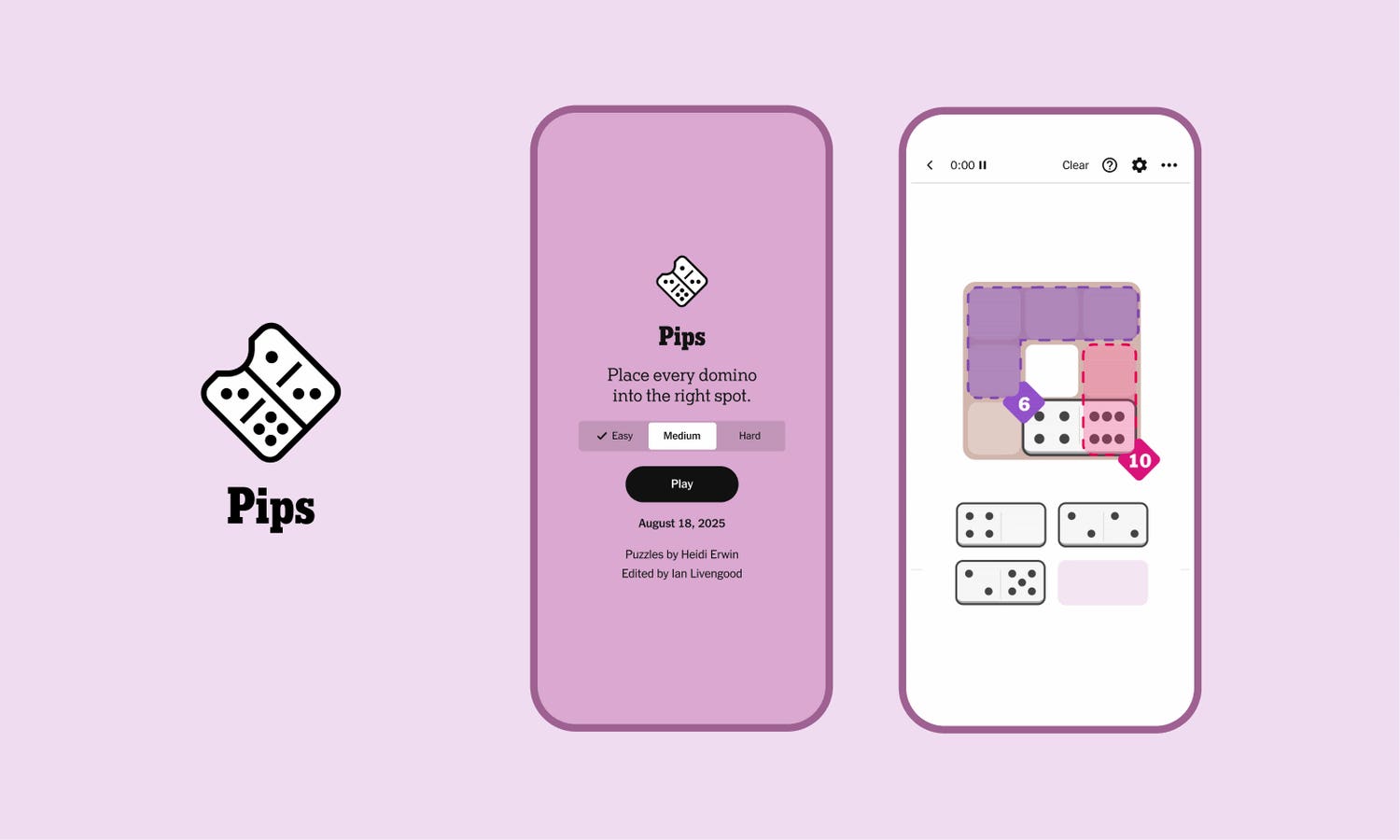A growing number of people are curious about sobriety today, but how does that impact relationships? Here’s how to navigate this change.
getty
A surprising number of people are considering sobriety these days, and for many, this has positive effects. But for some, this life change can affect their relationships in unexpected ways.
Have you ever struggled to be accepted by your partner when you made a drastic health decision such as cutting down on alcohol, perhaps because you don’t feel it anymore, or you know that it just doesn’t suit your health goals?
Human beings are dynamic creatures. We are all shaped by internal drives, evolving goals, health needs and external circumstances. Yet, paradoxically, one of the biggest sources of relationship strain is not conflict, but the discomfort of growth itself.
And when a partner decides to better themselves physically, mentally or emotionally, it can sometimes prompt negative reactions from the people closest to them. One of the curiouser aspects of human relationships is that a resolve to become better might be perceived as an indictment by one’s immediate circle. Why do we do this? The reasons could range from feeling rejected or pushed away, to avoiding facing one’s own flaws.
In other words, when a partner gets triggered, they may resort to emotional blackmailing or manipulation to have their way. This phenomenon is not as rare as you’d think and can be understood through the lens of relational science.
For instance, choosing sobriety can be perceived as a threat in relationships, and there are several psychological mechanisms behind this seemingly unexplained existential threat. A few of the typical mechanisms are:
1. A fear of what change might mean. Long-term relationships tend to have a stable system that maintains familiar patterns of interaction. Even small changes can unintentionally disrupt this system. For some partners, this elicits fear and uncertainty, triggering defensive responses aimed at restoring the familiar equilibrium. As a result, they’ll resist any attempts at changing the status quo.
2. A fear of losing opportunities for connection. Shared habits, like drinking on a night out together, often function as symbolic connectors that affirm belongingness and shared identity within a couple’s dynamic. When one partner removes or alters such rituals significantly, the other may experience not just inconvenience, but loss of intimacy and belonging.
3. Feeling threatened by the other person’s growth. One partner’s growth and clarity and the other’s sense of stagnation may evoke comparison, inadequacy or shame. Rather than recognizing the change as inspiring, the stagnant partner may perceive it as judgment, even if the growth is communicated without criticism.
4. Control, often coercive, in the form of ultimatums. Threats that take the form of, “If you don’t do this, I will leave,” are disguised as boundaries, but turn out to be attempts to regain control when one feels powerless. Deep down, they are manifestations of fear and insecurity.
Here are four respectful and effective ways you can respond to a partner when sobriety is the source of relational change.
1. Be Clear About What’s Negotiable And What Isn’t
It’s impossible to establish boundaries around sobriety without making a clear distinction between your negotiable and non-negotiable needs. Studies on behavioral change and adherence, such as Prochaska & DiClemente’s stages of change model, underscore that sustainable transformation is rooted in intrinsic motivation rather than external pressures.
If your personal growth involves abstaining from alcohol due to migraines, panic attacks or other health complications, this is not a lifestyle choice anymore. Letting go of an alcohol habit becomes a prescription, and not following it could be fatal.
If one decides to continue consuming alcohol despite these warning signs, they might face the double-whammy of a quick and simultaneous decline in personal as well as relationship health. Substances like alcohol disrupt our delicate system of neurotransmitter activity, intensifying anxiety and other long-term health challenges. Sweeping these signals under the rug just because you don’t want to “ruin a good thing” can have counterproductive effects on your mind, body and, by extension, your relationship.
Even if this change simply stems from strong changes in your personal values, they deserve to be respected.
To communicate this practically to your partner, remain calm, factual and honest, unwavering in conversations. Avoid debating or justifying your actions repeatedly. Your consistency reinforces credibility and avoids escalation.
2. Separate The Demand From The Underlying Need
Relationship distress is often less about the literal demand a partner makes and more about the unmet attachment need beneath it. Research reinforces this insight. Individuals high in attachment anxiety often make repeated demands for reassurance, but their distress and even depression persist not because of how their partner responds, but because the real issue lies in their internal fear of abandonment. This makes the demand a proxy, not the problem itself.
If your partner says “C’mon, go out with me tonight, let’s get a drink” after you’ve mentioned you’d like to try sobriety, they’re likely not expressing a desire for alcohol. Instead, they may be making a bid for connection. Your choice of sobriety here might, to them, represent rejection, disconnection or even the beginning of abandonment.
While it’s crucial that they respect your choice, it may take a while for it to sink in. If you respond only to the surface demand (“I won’t drink”), the underlying fear remains unaddressed.
The way forward is to listen for the need beneath the demand. Asking you to drink “just this once” could be a bid for closeness. Maybe all they want from you is a quick word of reassurance. Maybe they want to recreate a moment of vulnerability you shared under the influence. The stopgap solution here would be to put your ear to the ground and listen for this need under the demand, and responding to it directly.
For instance, try saying “I hear that you feel alone and rejected because of this change. I want you to know that I miss our time together too. My decision to stop drinking is about protecting my health, it’s not about rejecting you. Can we explore other ways to spend quality time together that support both of us?”
This approach validates their feelings, affirms your bond and redirects the conversation toward collaborative solutions, while keeping your boundary intact.
3. Don’t Attack Your Partner, Focus On The Solution
Naming a destructive interaction without attacking your partner’s character is a powerful intervention, and it lies at the heart of Marshall Rosenberg’s work on “Nonviolent Communication.”
Rosenberg, a clinical psychologist who developed his framework during the 1960s Civil Rights Movement, believed that conflict escalates when people respond with judgment rather than empathy.
His model emphasizes listening beneath the words to the underlying feelings and needs, and then responding in a way that honors both parties. The process follows four-steps:
- Observation without judgment (“when you tell me I must drink or I’m ruining things for us”)
- Naming the feeling it evokes (“it feels like an ultimatum”),
- Connecting it to a deeper need (“I want us to be on the same team”), and
- Making a request (“let’s approach this as a team, not opponents”).
This is a crucial consideration. If your partner dismisses your choice for sobriety, it’s easy to hear the words as a personal attack. But if you engage at that level, the conflict becomes adversarial, locked in a “me versus you” dynamic.
Practicing non-violent communication focuses on the process, instead of attacking their personality. This also helps your partner see the interaction as a pattern the two of you can work on together, rather than as a fight to be won.
4. Offer Concrete Alternatives For Connection
When an old ritual disappears, what partners often miss is not just the activity itself but the habitual cues of connection embedded within it. Behavioral research on habit formation shows that routines endure only when their familiar contexts remain stable.
When environmental cues shift, in this case, changing the role alcohol plays, automatic behaviors dissolve, and people must rely on conscious intention to maintain the bond.
This is why it’s crucial not to frame the issue as a simple subtraction (“We no longer drink together”) but as a co-creation of new rituals that preserve the emotional function of the old habit.
In other words, if you only highlight the removal of a ritual, the sense of connection may begin to fade, especially if it was a significant part of your relationship. But when you replace it with structured alternatives, you provide fresh contextual anchors for closeness. Some examples of new rituals to help you get started would be:
- A weekly walk, hike or physical activity together
- Dedicated one-on-one “check-in” conversations
- Shared meals without alcohol
- Creative activities like cooking, journaling or collaborative projects
- Mindfulness practices, such as guided breathing or meditation
These replacement routines help because you meet the underlying attachment needs of reassurance, presence and togetherness, while protecting your health boundaries.
So, try and communicate this to your partner as empathetically as you can: “I miss the time we spent together. Can we set aside one evening a week where we try something new like cooking together or going for a walk? This way we can do activities that propel me towards my goals while also keeping us connected.”
This framing reassures your partner that the relationship’s continuity matters. It acknowledges the disruption while also providing a pathway forward, reducing the risk of disconnection that arises when habits are broken without substitution.
When you’re trying to embark on a healthier journey, the most important question is not “How can I convince my partner to accept my changes?” but rather, “Can this relationship evolve to support the healthiest version of both of us?”
Partnership is not about rigid sameness or preserving the past. It’s about adapting together. Can your relationship weather this pleasant storm? Take the Relationship Satisfaction Scale test to find out.









